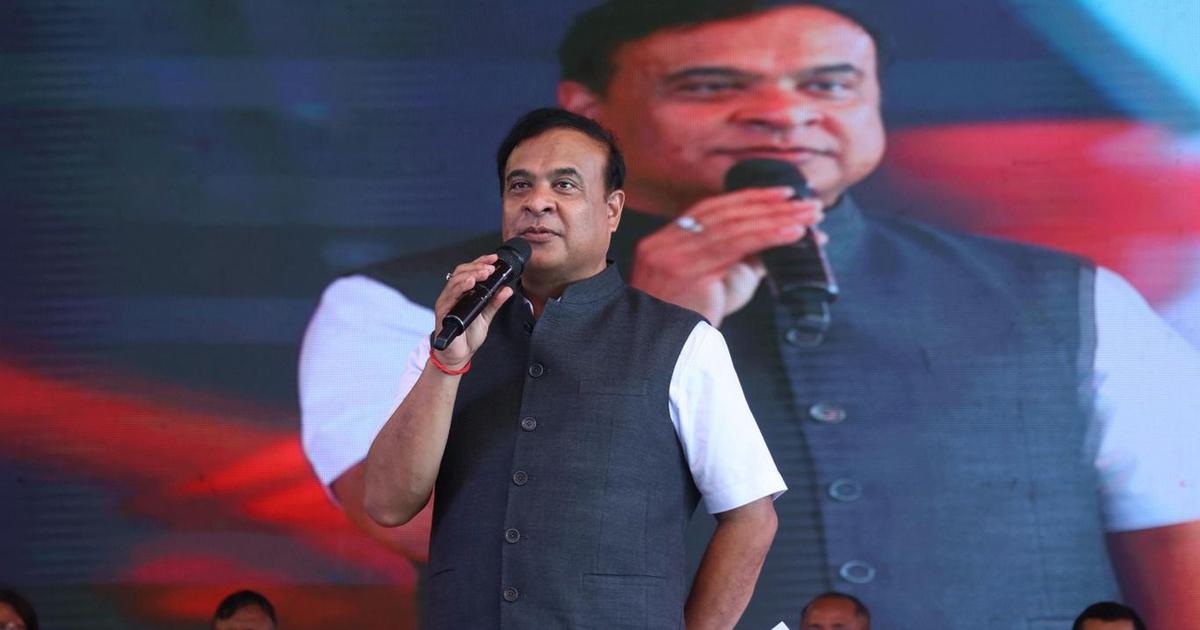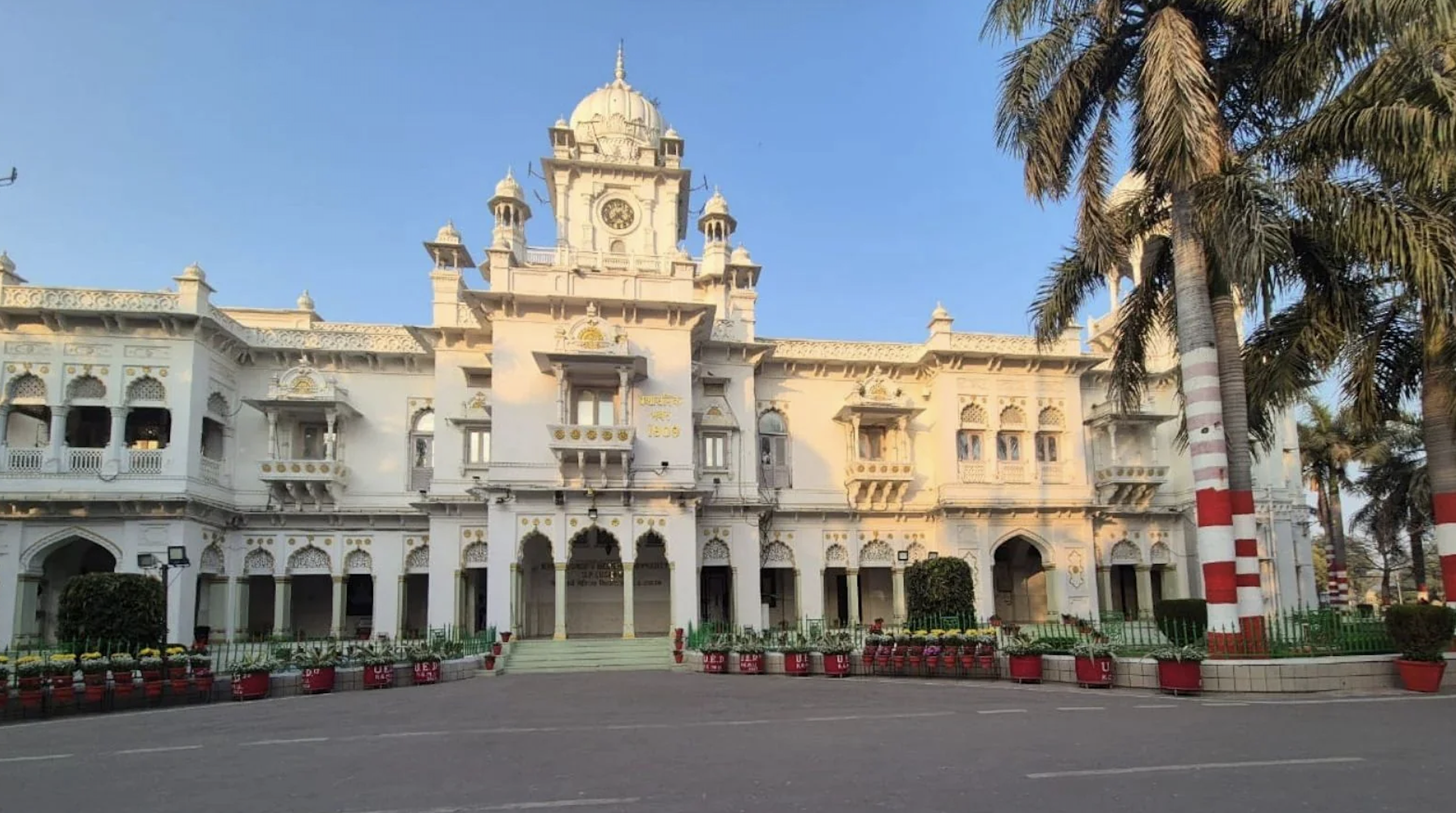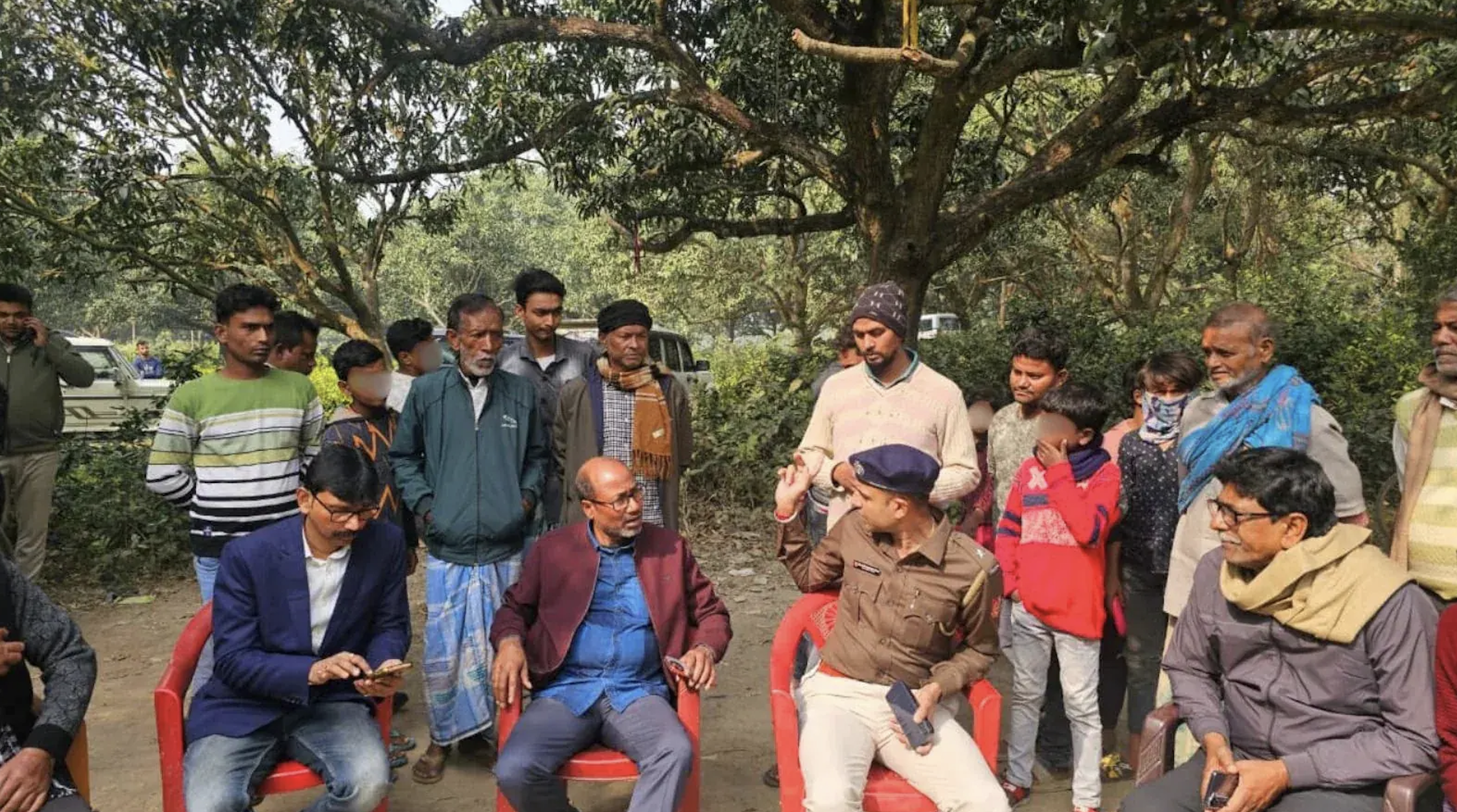By Nilanjan Mukhopadhyay
As the Rashtriya Swayamsevak Sangh (RSS) marks its centenary, The Federal speaks with Professor Marzia Casolari, an Italian scholar of Hindu nationalist politics. In a detailed conversation, she explores the connections between Italian fascism, key Indian leaders like BS Munje and Subhas Chandra Bose, and the long-term impact on Hindutva organizations.
To what extent were Indian Hindu nationalist leaders inspired by European fascism in the 1930s?
BS Moonje (Hindu Mahasabha leader) visited Italy in 1931 after attending the Round Table Conference in London and met (Italian dictator) Mussolini. Moonje also explored Italian military academies and militant youth organizations, such as the Balilla and Avant Guard RSI. These groups trained youths in paramilitary drills and indoctrinated them in fascist ideals. Moonje wrote that he intended to reshape the RSS along these organizational lines, aiming to militarize Hindu society and promote Hinduization.
How did Moonje’s experiences influence the RSS and its founder, KB Hedgewar?
Moonje was Hedgewar’s mentor, and after returning to India, he helped establish institutions such as the Bhonsala Military School in Maharashtra. The goal was to train Hindu youth militarily and ideologically, reflecting what Moonje observed in Italy. This dual focus on militarization and Hinduization became a core feature of early RSS strategy.
Were there earlier contacts between Indian nationalist leaders and Italian fascists?
Rabindranath Tagore visited Italy in the early 20th century. Though Tagore was a pacifist, Italian scholars like Carlo Formichi and Giuseppe Tucci used his visit for propaganda, portraying him as supportive of fascism. These interactions were part of Italy’s broader strategy to cultivate influence among Indian intellectuals and undermine British authority.
What role did Giuseppe Tucci play in India?
Tucci was a prominent Italian scholar whose travels were financed by the Italian government. Appointed at Calcutta University, he promoted Italian fascism and built networks among young Indian intellectuals, aiming to create local supporters of the regime. This was aligned with Italy’s anti-British policies in India and the Middle East (West Asia).
This story was originally published in thefederal.com. Read the full story here.






